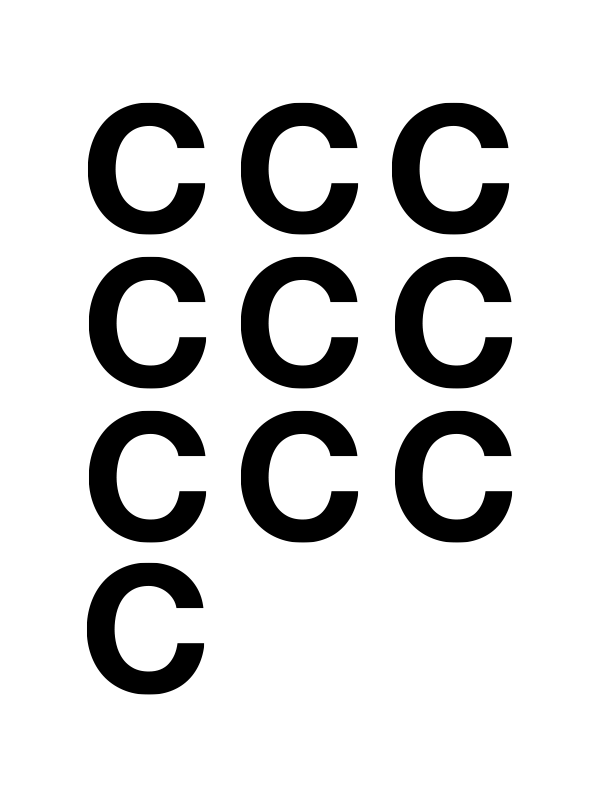Skills2Capabilities Project: D 2.1 – REPORT ON COUNTRY CASE STUDIES ON SKILLS STRATEGIES] Skills2Capabilities

Education and skills are central for both economic performance and societal well-being. This insight has been increasingly addressed by policy-makers on national and European level. In particular structural challenges as the twin digital and green transition, combined with the recent Covid-19 pandemic, have shown that skills are essential for individuals to participate both in economy and society. In order to address these overarching challenges, an increasing number of countries have used strategic policy documents in the area of skills policy in the past two decades. For example, the OECD has promoted manifold national skills strategies in their member countries (OECD, 2019) (Denmark, Spain, Lithuania, to just mention a few), an approach which has also been emphasized in the new European Skills Agenda (European Commission, 2020b). Similarly, a variety of countries have launched dedicated Lifelong Learning Strategies, in part (but not exclusively) in relation to the European Union’s focus on Lifelong Learning (European Parliament and Council of the European Union, 2006).
However, the overall goals and orientation of different strategies and their proposed actions can vary substantially, as also visible in the major scientific contributions inspiring skills policy making in industrialized economies. A main angle of skills policy- making has certainly been the insight that acquiring skills facilitates the realization of prospective economic returns via access to well-paid jobs (see for example the seminal contribution of Becker, 1964). However, skills policy-making has increasingly also taken into account the importance of skills and learning for a wider range of social and personal/human development aspects (e.g. democratic participation, social engagement and inclusion), seeing access to well-paid employment/a vocation as only one of manifold “functionings” of skills.
Read the working Paper No. 2 through the button below.
